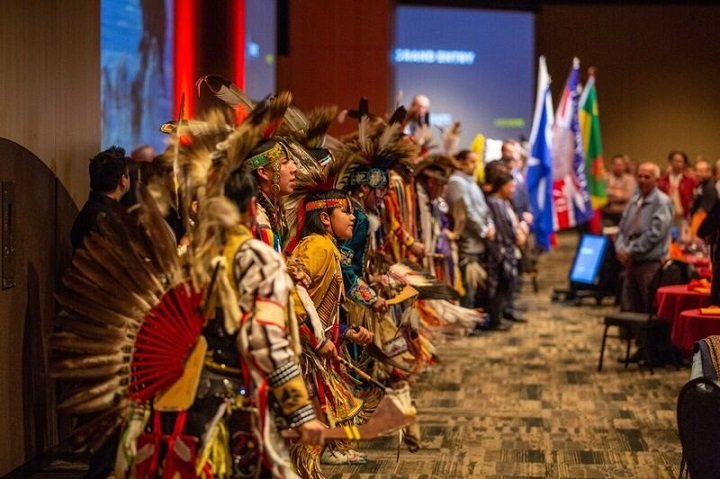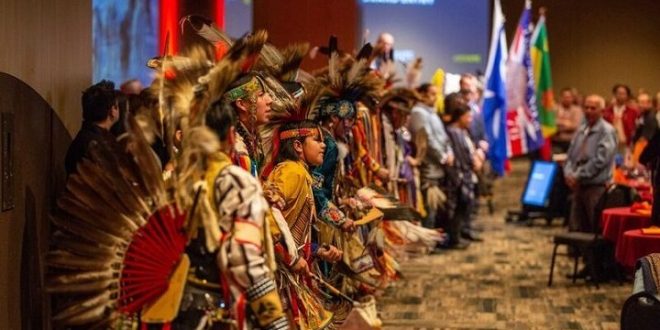
The Manitoba Indigenous Tourism Association (MITA) and an updated Manitoba Indigenous Tourism Strategy were officially recognized at the opening of the MITA virtual summit on Thursday, according to a release from Travel Manitoba.
The vision of the updated strategy is to have a prosperous Indigenous tourism industry across Manitoba, said Dave Daley, Board Chair of MITA and owner of Wapusk Adventures in Churchill.
Daley introduced the other members of the MITA board, including Jason Gobeil, wellness coordinator with Dakota Ojibway Child & Family Services, Sky Bridges, CEO of The Winnipeg Foundation, Edna Nabess, co-owner of Cree-Ations, and Lee Sinclair, director of operations with Paskwayak Business Development Corporation.
The MITA Virtual Summit was organized by the MITA Travel Manitoba and the Indigenous Tourism Association of Canada (ITAC)
The summit was hosted in Manitoba which encompasses Treaty 1, 2, 3, 4, and 5 Territory and communities who are signatories to Treaties 6 and 10, the original lands of the Anishinaabeg, Anish-Ininiwak, Dakota, Dene, Ininiwak and Nehethowuk and the homeland of the Métis.
“Indigenous tourism experiences are an important part of visiting Manitoba and an opportunity to improve the socio-economic environment for Indigenous communities,” said Indigenous Reconciliation Minister Alan Lagimodiere.
Minister for Economic Development Jon Reyes said tourism is vital for the province’s economic success and growth.
“Manitoba’s diverse landscape and Indigenous cultures lay the foundation to create and enhance unique, world-class experiences,” he added.
According to the president and CEO of Travel Manitoba, Colin Ferguson, they have been working with the ITAC since 2017 in order to foster growth for Indigenous tourism in the province.
“Progress includes an increase in market-ready and export-ready Indigenous-owned tourism experiences in Manitoba and over $1 million in funding to Indigenous businesses for tourism development and COVID-19 recovery,” he added.
The COVID-19 pandemic dealt a big blow to the tourism industry in Manitoba and Ferguson said the updated strategy recognizes those far-reaching impacts and provides direction for the future.
“Manitoba’s Indigenous tourism sector has faced additional barriers, including access to some funding programs and severe lock-downs in some communities making adaptation of business models more challenging,” said Keith Henry, President and CEO, ITAC.
“Manitoba has a strong, resilient Indigenous culture. This strength will be the foundation for recovery and growth of authentic tourism experiences.”
Indigenous tourism can mean many things but Daley says it is about telling Indigenous stories, sharing Indigenous culture, and contributing to the economic viability of local communities and the province as a whole.
[ad_2]You can read more of the news on source
 Travelsmart
Travelsmart



